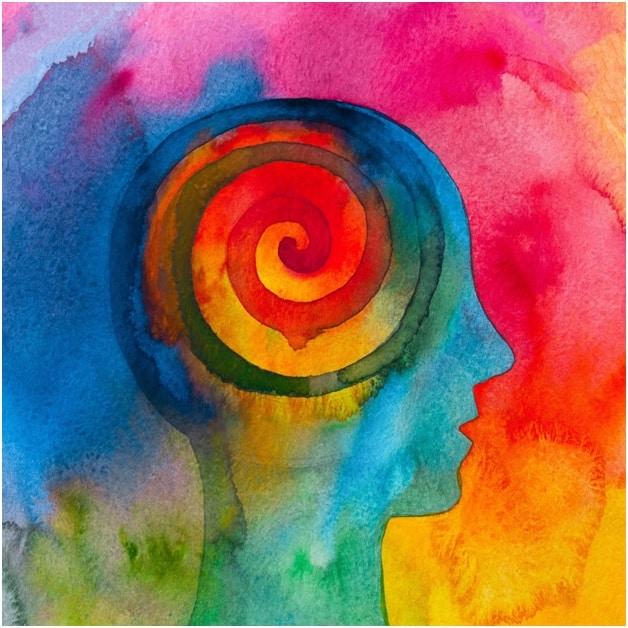According to the National Eating Disorder Association, binge eating disorders are one of the newest forms of eating disorder to be formally recognized among the mental health community. This disorder can wreak havoc on a person’s life – a person with binge eating disorder can fall into a recurrent pattern of compulsive eating which affects social life, mental health, and importantly, physical health. Left untreated, binge eating disorder can base obesity and unbalanced nutrition, leading to a plethora of negative health consequences.
In many ways, binge eating disorder is similar to a variety of anxiety disorders. The binge-eating episodes are compulsive in nature and in some ways resemble the compulsive acts that come with obsessive-compulsive disorder. The actions fill the same stress-coping void as OCD as well, releasing serotonin and dopamine in the brain.
Thankfully, there is a well-established protocol for treating binge eating disorder as well as anxiety. This often includes group therapy sessions. Group therapy during binge eating counseling is common, and it is so for good reason. Take a look at some of the ways group therapy can help those who enter binge eating treatment centers for help.
Group Therapy Helps with Social Anxiety
Social anxiety is a common thread among people who enter an eating disorder recovery program. When someone has social anxiety, it can be almost crippling. Intense fear or worry about being judged by others, or mocked, or even an inability to face social situations are common symptoms of social anxiety.For instance, someone in a binge eating treatment center may have anxiety about eating around others, because those others might think or say the person with binge eating disorder is fat (even if that’s a distorted perception).
Through therapy, individuals might open up about their feelings, which can help clients see they are more apt to be socially accepted that their disordered thoughts are leading them to believe. Group therapy, especially when performed with others that have social anxiety, can put people more at ease with social discussions. It’s a kind of exposure therapy in these cases when a person faces their fears to overcome them.
Group Therapy Helps Overcome Specific Phobias
Phobias, such as phobias relative to food, social interactions, or others, are a common problem for those who enter eating disorder recovery programs. For instance, someone in binge eating disorder counseling may have a phobia of food they commonly binge on when alone. Group therapy encourages those with phobias to garner strength from the surrounding people, so they can face their fears.
Many forms of therapy can help erase phobias or simply ease them to the point of being manageable. Group therapy can help with phobia treatment, as discussed above, and some individual therapies are useful too. Cognitive Behavioral Therapy, CBT, is one such individual talk therapy method. In CBT sessions the client and therapist work together to identify which thoughts and thought patterns are objectively distorted. Once they are identified, they can both work to replace those distorted thoughts with more constructive and accurate ones.
Group Therapy Helps Combat Feelings of Isolation
Binge eating disorders are often responsible for increased self-isolation because many individuals who have these issues are ashamed of their behaviors and never share their troubles with the people around them. It is for this reason that binge eating counseling is often put off. Group therapy helps encourage individuals to come out of their feelings of isolation, as they are shown there are others who face some of the same problems. Binge eating treatment centers tend to require group counseling sessions as part of a recovery plan.
Seek Help for Binge Eating Disorder
If you or a loved one is ready to get help for binge eating disorder or any other kind of eating disorder, don’t worry – there are many eating disorder treatment facilities that can help. Make sure they can accommodate your financial and emotional needs, and importantly, make sure they offer group therapy sessions. As we saw above, group therapy affords multiple ways to help someone with binge eating disorder and anxiety.










